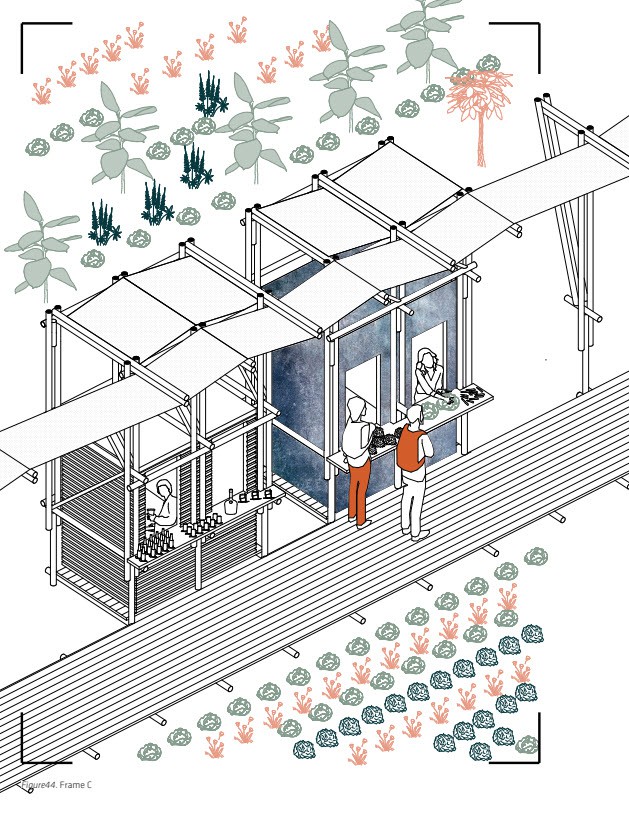Cities, states and territories are growing and shrinking (urban) ecosystems. They are composed of buildings, open spaces, flora, fauna and human beings, shaped by laws and policies, resources, climate and history. Facing global challenges (climate and demographic changes, digitalization, finite resources, inequality etc) these urban/territorial ecosystems require permanent adaptation and improvement, re-thinking and re-designing in order to remain resilient. The Studio Urban Ecosystem aims to analyse, compare and learn from given cases in order to design proposals on how we want to live in future. Its methods comprise research by design and design by research, investigating and considering various systems that influence and shape specific environments (e.g. education system, financial system, ecological system, social system, political system) in this process. The results should provide answers and visions, adding value to the built environment through architecture’s ability to respond/contribute positively to these systems.
“Singapore is a very small place in a very, very large, variable changing world, and if it is not nimble, if it is not swift in making adjustments, it will perish and the people know that.” (Lee Kuan Yew, Straits Times, May 27, 1990)
Our first case takes us to Singapore, which represents a unique ecology of the contemporary (Rem Koolhaas, SMLXL, 1995, p.1011). Similar to Liechtenstein, Singapore is small (721.5 sq km), with limited space and natural resources. This means that global economic competitiveness can only be achieved through economic and social innovations. In the last few decades, Singapore has attracted talents from all over the world through liberal immigration policies and an attractive labour market, establishing leading research institutions as major drivers of innovation. The constantly and fast increasing population, today standing at 5.85 million inhabitants, requires equally rapid urban development. However, urban vibrancy and attractive liveable environments are difficult to achieve through strategic planning with grand architectural masterplans only. Therefore, Studio Urban Ecosystem will search for successful models, from past to present, in order to learn, adapt and propose alternative urban design processes and its resulting designs. This semester, we will design our own urban ecosystems within Singapore. After looking at the bigger picture, the parameters and systems that shape the city state as a whole, we will delve into neighbourhoods and streets applying our ideas of a liveable city at a territorial and architectural scale. In this process, we will be assisted by partners and experts from Singapore and beyond, primarily the Future Cities Laboratory (FCL) in Singapore.















